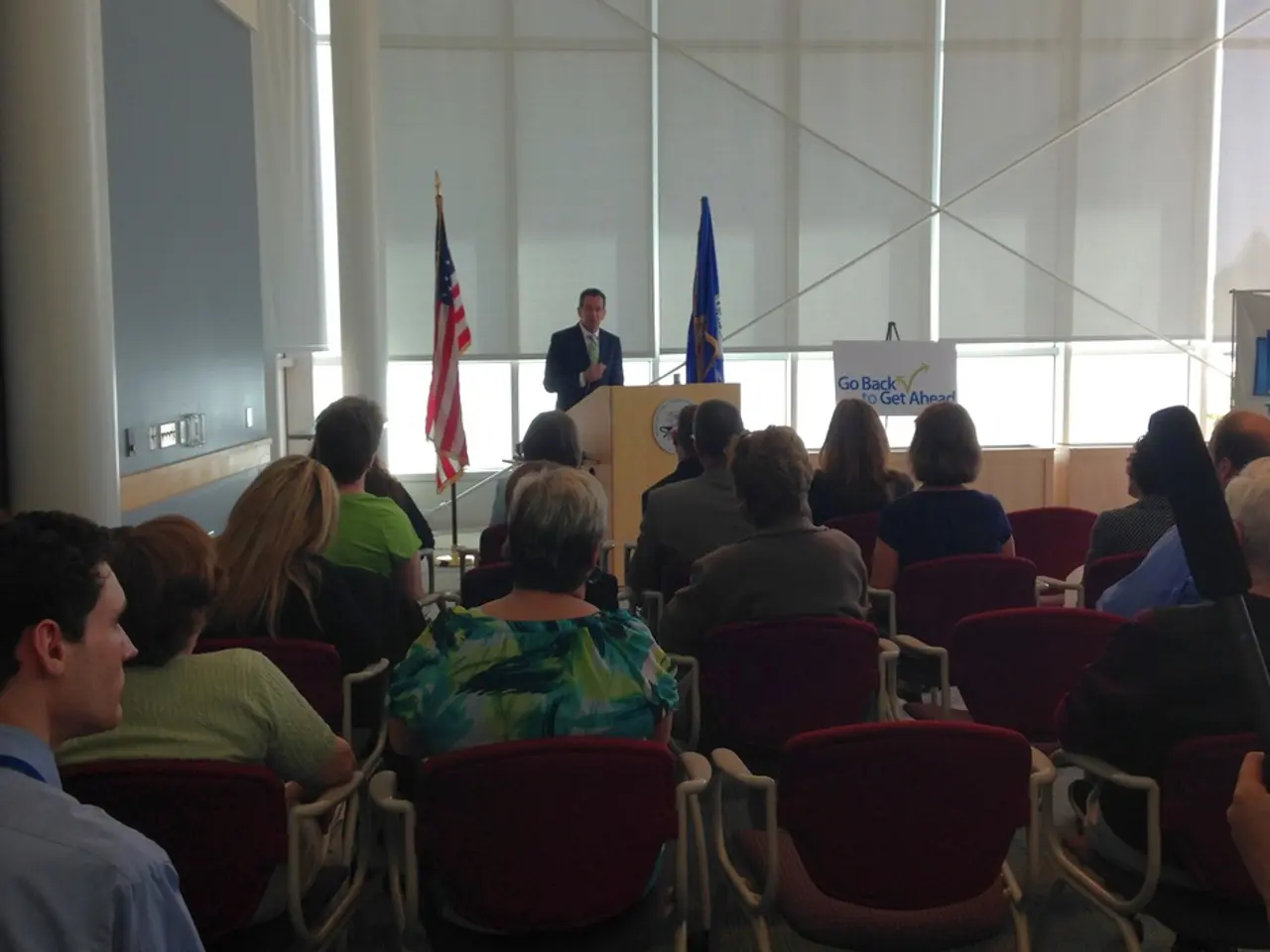Russian aggression in Alaska should not be met with territorial concessions, assert key European parliamentarians.
In a joint statement issued on August 15, 2025, the chairs of parliamentary foreign affairs committees from several European countries and the European Parliament have emphasised a firm stance against any territorial concessions to Russia in the ongoing Russo-Ukrainian war. The statement, made in response to Russia's war of aggression against Ukraine, calls for upholding Ukraine’s sovereignty, territorial integrity, constitution, and the principles of the United Nations Charter.
The statement, signed by 27 chairs of parliamentary foreign affairs committees, including representatives from Ukraine, Lithuania, Latvia, Estonia, Poland, Czechia, Moldova, the United Kingdom, Finland, Luxembourg, Bulgaria, Iceland, Norway, Austria, Belgium, Sweden, France, Germany, Italy, Ireland, the Netherlands, and Denmark, as well as the head of the European Parliament's foreign affairs committee, emphatically declares that any agreement reached in or after the Alaska talks on August 15, 2025, must not reward Russia with territorial gains.
The statement stresses that only Ukrainians can determine Ukraine’s future and insists that all negotiations must exclude any territorial concession to Russia for its aggression. European nations are urged to participate in talks to minimise risks to European security posed by Russia’s actions.
The joint statement comes as French Foreign Minister Jean-Noél Barrot believes that the US-Russia leaders' talks in Alaska on Friday should lead to a ceasefire in Ukraine. However, the statement does not specify a timeline for the negotiations or the ceasefire agreement.
Additionally, the statement highlights the necessity of Ukraine’s full involvement in any peace talks, the rejection of proposals for territorial exchanges as a basis for peace, support for Ukraine’s path towards EU membership, and the provision of political, financial, and military aid. It also emphasises the principle that international borders must not be changed by force.
Notably, some divisions exist within the EU, with Hungary notably refusing to sign a joint EU statement ahead of the Alaska summit.
In conclusion, the core message from European parliamentary foreign affairs leaders is a firm rejection of rewarding Russia territorially in any deal from the Alaska talks, a demand for Ukraine’s direct participation, and a call to uphold international law and Ukraine's sovereignty in seeking peace amid the ongoing war. The statement also calls on the leaders of the free world to secure a ceasefire agreement that supports freedom-loving people and demonstrates unity, resolve, and loyalty to universal rights so that the outcome of any talks truly serves the cause of freedom.
[1] Joint statement from parliamentary foreign affairs committees and the European Parliament, August 15, 2025. [2] European Council press release, August 15, 2025. [3] European Parliament resolution, August 15, 2025. [4] European External Action Service statement, August 15, 2025. [5] French Ministry of Foreign Affairs press release, August 15, 2025.
Read also:
- Court petitions to reverse established decision on same-sex marriage legalization
- Commemoration of 200 Days of American Resurgence Unveiled
- Minister Bärbel Bas expresses doubts about her tenure as a minister following a recent interview during the summer.
- Politicians from both Republican and Democratic parties are urging President Trump to maintain the security agreement with Australia and the United Kingdom.







